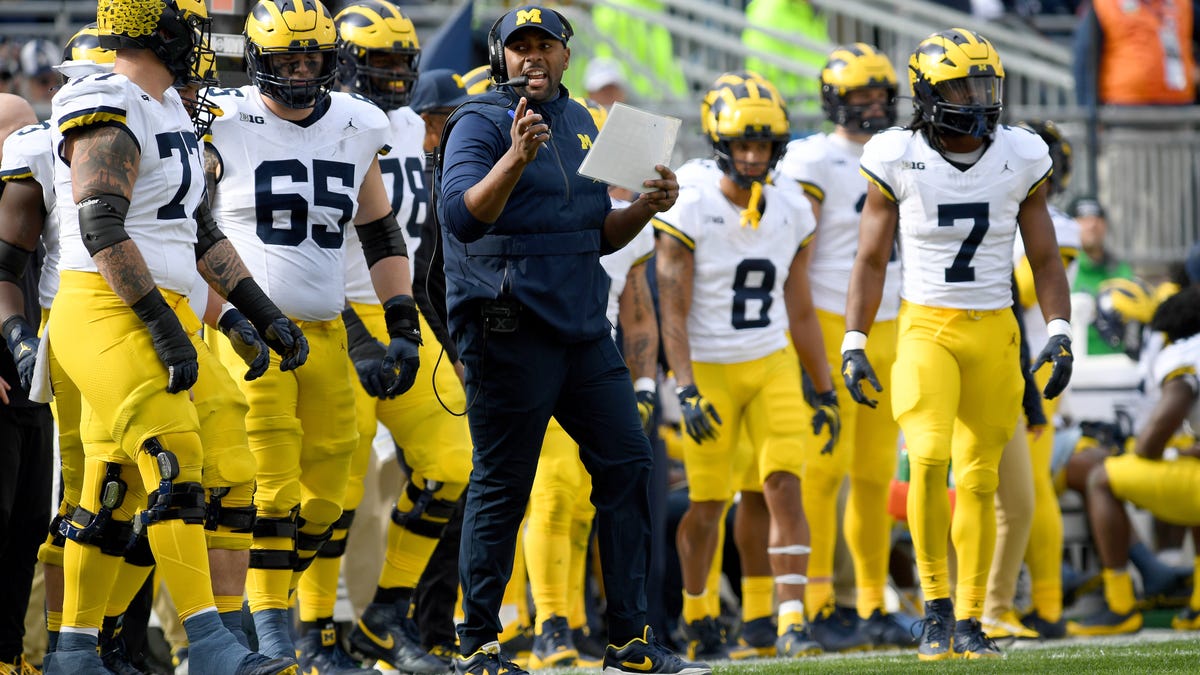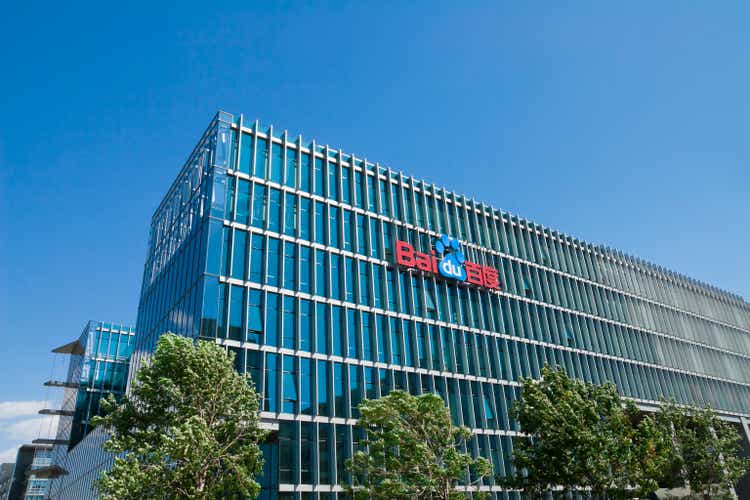There have been some recent retrospectives on the neoliberal wave that swept the world in the final quarter of the 20th century. I’d like to add the perspective of someone who lived though that era. Many things that look obvious to us today, only seem so in retrospect:
- South Korea has a better economic model than North Korea.
- The British government should not run auto manufacturing firms.
- Air fares should not be set by government officials.
- Tax rates on income should not exceed 90%.
Those claims may seem obvious today, but they were far from obvious when I entered college in 1973. For instance, there is a 1967 CIA report suggesting that North Korea was richer than South Korea, a full 14 years after the Korean War ended. (True or not, that was the perception.) The UK had a top tax rate of 98% on investment income.
It helps to look beyond the US. The French refer to 1945-75 as “Les Trente Glorieuses”, three decades of stellar economic growth. And it wasn’t just France. Most of Europe, Latin America and the Soviet bloc experienced very strong growth. There was no obvious need for reform.
Also keep in mind that the Great Depression, WWII, and the rise of socialist ideology had pushed the world in a much more statist direction from 1929-1973. So this rapid growth was occurring under an economic model that rejected laissez-faire capitalist ideology.
After the mid-1970s, almost the entire world hit a wall. Growth slowed almost everywhere. Voters became increasingly frustrated.
But there was one important exception—the “tiger economies” of East Asia. Between the mid-1970s and the mid-1980s places like South Korea, Taiwan, Hong Kong and Singapore experienced extremely rapid growth in RGDP. Japan was no longer an outlier, no longer the only successful non-white economy. More and more economists began seeing East Asia’s export-oriented model as superior to Latin America’s import substitution model. I recall reading the Far Eastern Economic Review as a college student (yeah, I had no life), and being deeply impressed by what was being reported.
Today, some pundits (wrongly) suggest that places like South Korea boomed due to statist policies. That is not true, and certainly was not the perception back in the 1970s. When I entered college, the alternative to South Korea was not seen as Hong Kong’s laissez-faire, it was North Korea’s statist economy. And it was not yet 100% clear which model was better.
Many things came together to produce the neoliberal wave:
1. East Asia’s export-oriented low tax economies were growing much faster than other countries during 1975-85.
2. Voters became increasing opposed to high taxes in places where living standard were stagnating.
3. Regulations in areas such as transportation and finance were causing increasingly glaring inefficiencies.
4. Western Europe stopped catching up with America, and leveled off roughly 25% below our per capita GDP level. Inefficient state-owned European firms were seen as being a part of the problem.
5. Communist economies began to stagnate.
Once the neoliberal wave got going, it fed on itself. Places like Australia, New Zealand and Chile did better after they liberalized. (Whenever I say “better”, I mean relative to other places—hardly anywhere did better than in 1945-75 in an absolute sense.). Although neoliberalism is often associated with Ronald Reagan, the neoliberal wave was actually more pronounced outside the US.
Free market ideologues like Milton Friedman gained added prestige for making successful predictions on unrelated subjects, such as the unreliability of Phillips Curve model and the importance of monetary policy in controlling inflation. Indeed, some on the left wrongly conflated “monetarism” with “neoliberalism”.
The meaning of the term “economic reform” changed. Prior to the 1970s, it meant an increased role for the government. After the 1970s, it meant a decreased role for the government. Indeed the term “neoliberalism” was necessary because by the 1970s many people (especially in America) had begun to associate liberalism with statism. In that case, what does it mean to “liberalize” an economy?
Brad DeLong suggests that the neoliberal era ended about 2010, which seems about right. But it’s too soon to have any perspective on these trends. Others have observed that there were countertrends, with regulations on housing, occupational licensing and the environment becoming stricter during the neoliberal era. As always, it’s a very complicated picture.
You could write a 1000 word essay on the causes of neoliberalism, or look at one picture:
HT: Doug Irwin
















